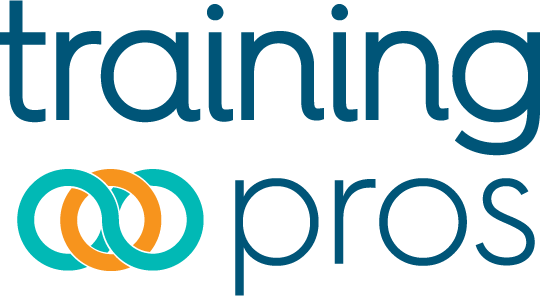Increasing Food Label Trust
Darin Detwiler with Northeastern University is one of many expert presenters at Q1’s Food Label Claims: Mitigating Legal & Regulatory Risks Conference in Chicago on September 10-11. Preview topics below that he will touch on through a session and panel discussion at the event.
Can you please give a description of your job title and what your position entails?
As the Lead Faculty for the MS: Regulatory Affairs of Food and Food Industries at Northeastern University’s College of Professional Studies in Boston, I partner with leading experts to create and deliver quality instruction to students in the food industry. This program sits at the intersection of regulatory compliance law, policy and science. Essentially, food reputation (quality, safety, defense, security and authenticity) faces new challenges within our global food supply chain. Quality assurance embraces everything from economics to ethics, and even technology (such as blockchain). So much goes on behind the scenes to make sure that food labels are accurate, verified and serve their purpose. I’m fortunate to be able to support new and experienced food safety and regulatory leaders worldwide – both in and out of the classroom. I write for industry journals, guide journalists, consult with industry, advise regulatory agencies and speak frequently on related topics to audiences around the globe.
As the Assistant Dean for the college, I find a great deal of similarity between the work that I do related to food and for education. Strong and effective learning also demands quality, validation, sustainability and authenticity. Students are consumers of information and, as such, depend on the quality of the courses and programs in which they invest. This college’s reputation drives the hard work of many stakeholders to ensure that graduates are capable of performing with the knowledge and skills commensurate with their degree.
Do you have any actionable tips on how to increase private label trust?

Prioritize, invest and train. Far too many times, after some incident that impacts consumer confidence (such as a recall or lawsuit pertaining to false claims on a label), we witness corporate responses that include statements of the company taking new steps. The reality is that most of those actions should have been taken all along and could have prevented the hit to their reputation, to their profit and, in many cases, the impact on public health.
Prioritize – The mission statement needs to focus on what the brand and label stands for; this must include essentially mitigating legal & regulatory risks. This work should always include the culture of being proactive and trying to prevent failures from entering the market, especially because this approach will increase options to mitigate and decrease liabilities.
Invest – The cost of non-compliance and reactive response to legal and regulatory failures will always outweigh that of compliance. Some companies’ notable failures highlight the fact that all the money invested into marketing and advertising was cancelled-out by their lack of investment in validating that their product delivered essentially what it said on the label.
Train – This mission to prioritize mitigating legal and regulatory risks and the investment into validating what goes onto (and behind) the label are both paramount tasks that require herculean effort. As such, they cannot be accomplished by a few people. Every stakeholder, from the security desk to the warehouse team, from line workers to the distribution logistics agents, they all need to be included in the training pertinent to mitigating legal and regulatory risks.
Why is the inclusion of trending claims important?
For any company, a product’s profitability is driven by its market advantage. Consumers base their purchasing decisions not solely on their confidence in a brand’s reputation in the past, but also on the label’s ability to answer questions about new, trending topics. We see these all the time: organic, locally grown, GMO free, allergen free, gluten free, “clean,” environmentally friendly, etc. With the rush to add new, trending claims to labels comes the opportunity for fraud. Counterfeit labels are one thing, but fake claims on a label also come with significant legal and regulatory consequences. Listed allergens on labels have risen to the top of consumer concerns and failure to label allergens has often resulted in many large and costly recalls.
Why do you believe regulatory affairs advertising and promotions professionals should attend this event?
While many regulatory compliance activities are such that consumers will never see them, labels are the most significant consumer-facing element when it comes to evidence of mitigating legal and regulatory risks. The foundation for any career in regulatory affairs, advertising and promotions professionals is understanding food label claims and how they are anchored to a company’s mission statement and reputation.
Save your spot for the upcoming Food Label Claims event in Chicago to hear more from industry experts on consumer confidence, in-store signage and more.






0 Comments